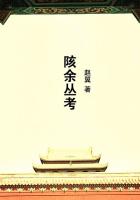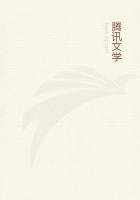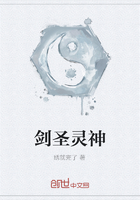§2.Industrial conditions, themselves of course largely determined by physical environment, affect class and individual consumption in very obvious ways.Each occupation imposes on the worker, and indirectly upon all the members of his family, certain methods of living.Physiological laws prescribe many of those methods.A particular sort of output of muscular or nervous energy demands a particular sort of diet to replace the expenditure.
The proper diet of an agricultural labourer, a mill operative and a miner, will have certain recognised differences.Muscular and mental, active and sedentary, monotonous and interesting work, will involve different amounts and sorts of nourishment, and different expenditures for leisure occupations.
These differences will extend both to the necessaries and the higher elements in standards of consumption.Industrial requirements will stamp themselves with more or less force and exactitude upon each occupation.An analysis of budgets would show that the standard of the clergyman was not that of the merchant or even of the doctor, and that the same family income would be differently applied.The stockbroker will not live like the mill-owner, nor the journalist like the shopkeeper.So right through the various grades of workers.The skilled mechanic, the factory hand, the railway man, the clerk, the shop-assistant, the labourer, will all have their respective standards, moulded or modified by the conditions of their work: their needs and tastes for food, clothing, recreation, etc., will be affected in subtle ways by that work.
'Productive' consumption is the term given by classical political economy to that portion of consumption applied so as to maintain or improve the efficiency of labour-power in the worker and his family.Necessaries alone were held absolutely productive, conveniences and comforts were dubious, luxuries were unproductive.Regarded even from the commercial standpoint, it was a shallow analysis, confined to a present utilisation of immediately useful commodities, and ignoring the reactions upon future productivity of a rise in education and refinement.It belonged to an age before the economy of high wages or the moral stimuli of hope and an intelligent outlook upon life had won any considerable recognition as 'productive' stimuli.
But from the standpoint of our analysis the defect of this treatment is a deeper one.For us the distinction between productive and unproductive consumption is as fundamental as in the older economic theory.The difference lies in the conception of the 'product' that is to give a meaning to 'productive'.
Productive consumption, according to the older economic theory, was measured by the yield of economic productivity, according to our theory by the yield of vital welfare.The two not merely are not identical, they may often be conflicting values.
A diet productive of great muscular energy for a navvy, foundryman or drayman, may produce a coarse type of animalism which precludes the formation of a higher nervous structure and the finer qualities of character that are its spiritual counterpart.The industrial conditions of many productive employments are notoriously such as to impair the physique and the muscle of the workers engaged in them, and there is no ground for assuming that the habits of consumption, conducing to increased productivity in such trades, carry any net freight of human utility.
Nor is it only in manual labour that the industrial influences moulding a standard of consumption may damage its human quality.Much sedentary intellectual work involves similarly injurious reactions upon modes of living.The physical abuses of athleticism, stimulants and drugs, are very prevalent results of disordered competition in intellectual employments.
But, as bad elements in standards of expenditure, the intellectual excesses, the fatuous or degrading forms of literature, drama, art, music, which this life generates, are perhaps even more injurious.One of the heaviest human costs of an over-intellectual life today is its 'culture'.
§3.When we come to 'conventional' elements in standards of comfort, we enter a region which appears to admit an indefinite amount of waste and error.
The very term 'conventional', set as it is in opposition to 'natural', indeed, suggests an absence of organic utility.We hear of 'conventional necessaries' even in the lowest levels of working-class expenditure.Ipresume that the expenditure in beer, tobacco, upon sprees or funerals, or upon decorative clothing, would be placed in this category.
From the purely economic standpoint such expenditure has been accounted either waste, or, even worse, 'disutility'.
It is often argued that a labouring family on 21s.per week could be kept in physical efficiency, if every penny were expended economically in obtaining 'organic value'.This is the ideal of a certain order of advocates of thrift and temperance.Whole generations of economists have accumulated easy virtue by preaching this rigorous economy for the working-classes.
It has always seemed possible to squeeze out of the standard of any working-class enough of the conventional or superfluous to justify the opinion that most of the misery of the poor is their own fault, in the sense that, if they made a completely rational use of their wages, they could support themselves in decency.The amount spent by the workers on drink alone would, it is often contended, make ample provision against most of the worst emergencies of working-class life.
Now there are several comments to be made on this attitude towards conventional expenditure.1.As one ascends above the primary organic needs, the evolution of desires becomes less reliable and more complicated: the element of will and choice and therefore of choosing badly, becomes larger.

